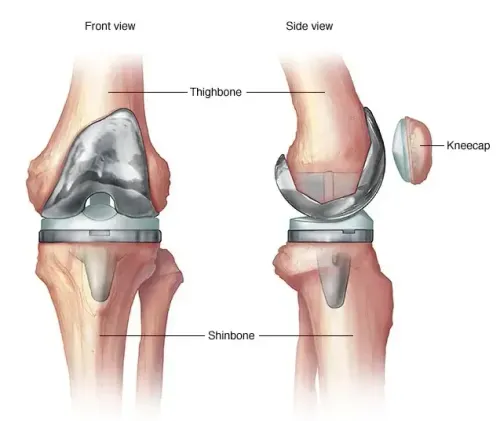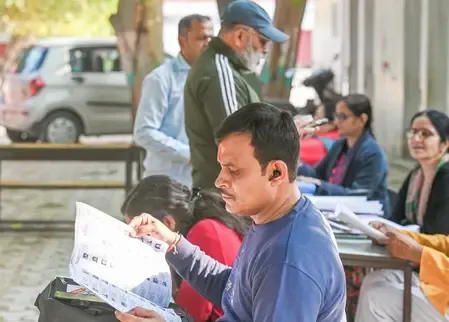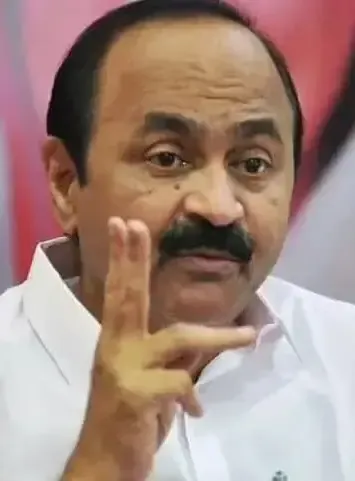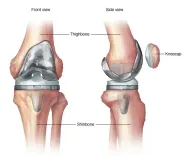Why Haven't Political Parties Raised Concerns About Draft Rolls? - EC
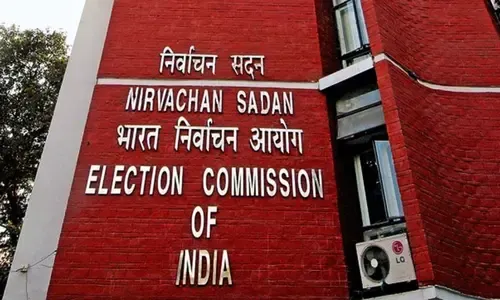
Synopsis
Key Takeaways
- No objections raised by political parties regarding the draft rolls.
- Over 74,000 new voter requests submitted.
- One-month window for complaints about electoral rolls.
- Claims will be processed after a seven-day verification period.
- Significant silence from opposition parties noted.
New Delhi, Aug 13 (NationPress) The Election Commission (EC) released its regular update regarding the controversial Special Intensive Revision (SIR) initiative in Bihar and noted on Wednesday that as of now, no political party has lodged any objections or complaints pertaining to the inclusion or exclusion of voters from the electoral list.
Over 17,000 individuals have directly approached the electoral authority to voice their concerns, as reported in the bulletin.
In total, 74,525 new voters have requested the electoral body to include their names in the voting register. Among these, six individuals who reached 18 years of age after the draft rolls were published on August 1 have submitted their applications via Booth Level Agents (BLAs).
While new voters are seeking to be added to Bihar's electoral rolls ahead of the upcoming Assembly elections later this year, the notable absence of claims and objections, especially from opposition parties, has drawn considerable attention, especially considering their previous strong opposition to the voter verification process in the state.
The Election Commission clarified that claims and objections will be processed by the relevant ELECTORAL REGISTRATION OFFICER (ERO) or ASSISTANT ELECTORAL REGISTRATION OFFICER (AERO) after a seven-day window following the verification of eligibility documents.
According to the SIR directives, no name can be removed from the draft list published on August 1, 2025, without a formal order from the ERO/AERO that follows an inquiry and provides a fair opportunity.
It is important to note that the draft electoral rolls were published on August 1, with a one-month period allocated for individuals and parties to submit their grievances regarding entries in the draft list.
The Rashtriya Janata Dal (RJD) has 47,506 BLAs, the Congress has 17,549, and the Left parties have over 2,000, collectively exceeding 67,000.
The Election Commission of India (ECI) completed the enumeration phase of the SIR from June 24 to July 25, with over 7.24 crore electors out of 7.89 crore submitting their enumeration forms by the end of the revision period.


